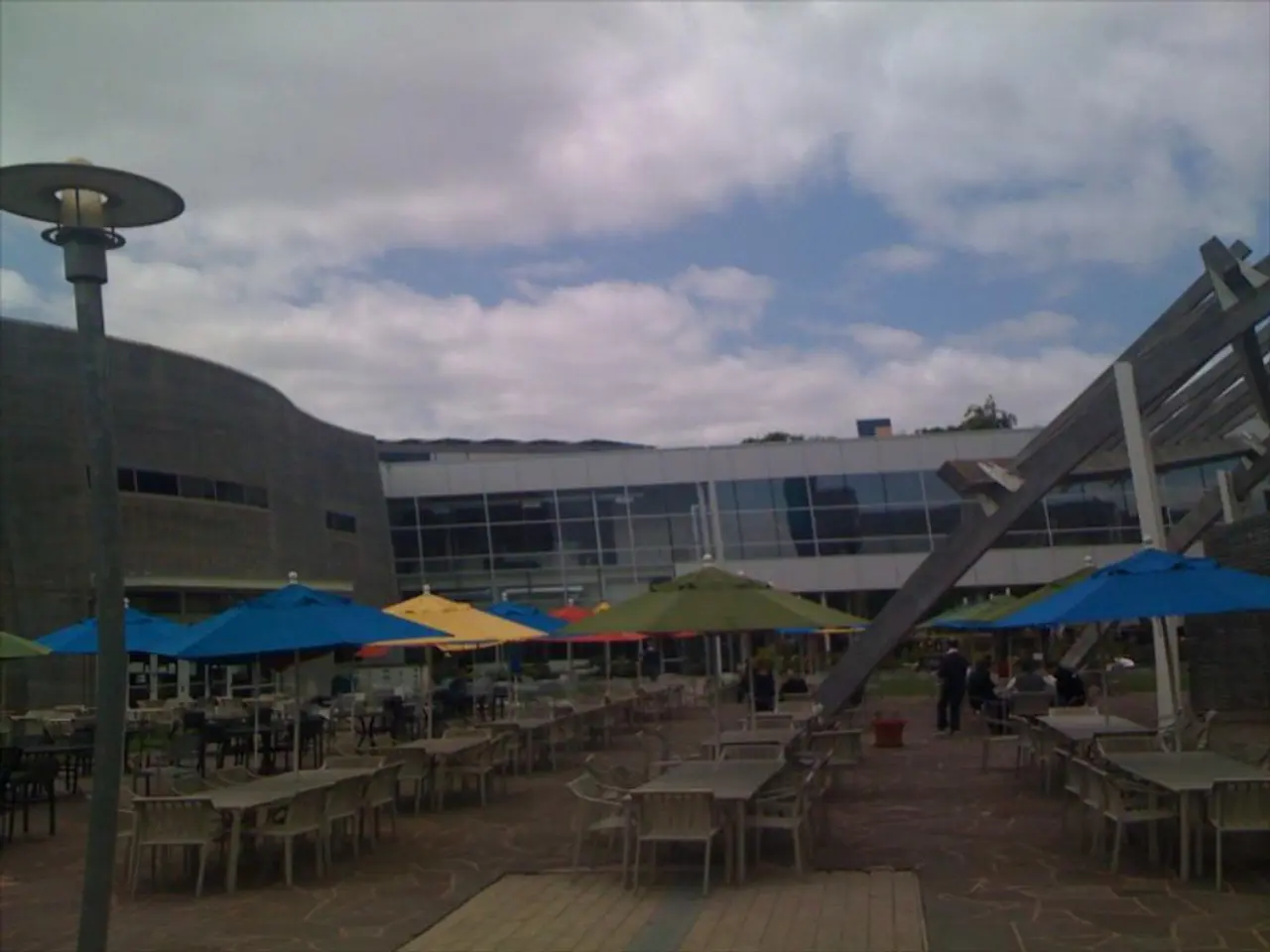Economic difficulties in the tourism sector resulting from COVID-19 pandemic
COVID-19 has unleashed a whirlwind on the global landscape, leaving no stone unturned in its chaos. This invisible killer, the virulent COVID-19, has ruthlessly taken the world by surprise, claiming the lives and livelihoods of millions across the globe. The Tourism and Hospitality Industry has been one of the hardest hit, plunging nations into a web of socio-economic woes.
The ripple effects of the pandemic on this sector are stark. Factories and businesses have been forced to shutter, causing temporary and permanent job losses in droves. Tourism's supply chain has crumbled, from top to bottom, leaving a dismal scenario for the entire industry. It's not just the displacement of labourers on dangerous evacuation journeys that paints a grim picture, but also the prospect of a severe labour shortage in the future. The aftermath of this global crisis may well leave a massive vacuum in the labor-intensive Tourism sector.
The ensuing gloom has shaken business confidence to its core, threatening future private investment in tourism. Uncertainty looms large over the fate of businesses throughout the supply chain, leaving millions hanging in the balance.
Tourism stands face-to-face with numerous challenges. Businesses risk going under en masse, triggering mass job layoffs amid a bleak outlook for early recovery. As the labour force evaporates, the question of how and when businesses can restart operations and lure back the workforce lingers. This situation calls for the framing of new Labor Protection Laws guided by the International Labor Organization. Corporate Social Responsibility (CSR) too needs a shift, focusing less on the environment and more on social responsibility, including employees, local communities, and consumers.
Economically burdened businesses, heavily reliant on the workforce, necessitate governments to support them with financial policies. Particularly Small and Medium-Sized Enterprises (SMEs) require special attention and assistance to stay afloat during these troubled times. History has taught us that disasters, terrorism, and other crises are usually met with a reactive approach, taking a long time to restore normalcy. In light of this, it is crucial for the Tourism and Hospitality Industry to adopt a proactive approach, preparing for Force Majeure situations and rethinking policies of cancellation, insurance, and refunds to safeguard both business finances and consumer interests, while maintaining long-term consumer confidence.
Despite the doom and gloom that envelops the world today, the resilience of the Tourism and Hospitality Industry has shone through in the face of adversity. Time and again, this industry has proven its ability to bounce back from the brink, a testament to the human spirit of ingenuity and persistence. The current COVID-19 crisis promises to be no different, and with collective efforts, we shall overcome. The world will beat the pandemic, businesses will reopen, and tourists will once again embark on their journeys of exploration. The world shall move on, as it always has, with the Tourism and Hospitality Industry at its forefront.
The global crisis brought about by COVID-19 has profoundly impacted the tourism industry, causing a significant shift in lifestyles and travel patterns. As a result, small and medium-sized businesses within this sector, heavily relying on the workforce, call for government support to stay afloat during these challenging times.
Interestingly, the resilience of the tourism and hospitality industry has been displayed time and again in the face of adversity, suggesting an optimistic future. With collective efforts, we may once again experience an era of global exploration and travel, marking a return to our previous lifestyles.




